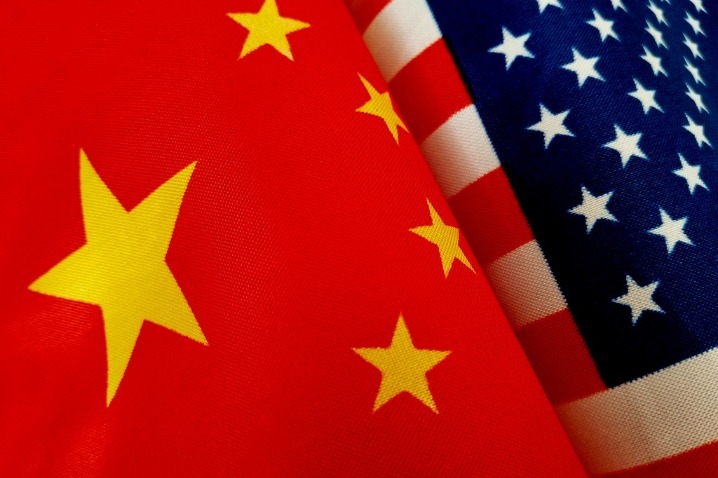Chinese diplomats vexed by US limits
By ZHAO HUANXIN in Washington | China Daily Global | Updated: 2020-09-03 14:00

The Trump administration's imposition of tighter limits on the movements of Chinese diplomats in the US is "another unjustified restriction and barrier" that violates international statutes on diplomatic relations, China's Washington embassy said Wednesday.
The US State Department announced early Wednesday that senior Chinese diplomats will now need to seek its approval to visit US universities and to meet with local government officials, escalating a move from last October that required Chinese officials to notify the department of plans for such meetings.
In addition, Chinese diplomats will have to get permission to host cultural events of more than 50 people outside their diplomatic missions.
In making the announcement at a news briefing, Secretary of State Mike Pompeo said Washington is "simply demanding reciprocity".
"With the excuse of reciprocity, the US has imposed yet another unjustified restriction and barrier on Chinese diplomatic and consular personnel," said a spokesperson of the Chinese embassy in Washington.
"This has grossly trampled on the Vienna Convention on Diplomatic Relations and the Vienna Convention on Consular Relations, and China is firmly opposed to it," the spokesperson said in a statement.
The move also runs counter to the "self-proclaimed values of openness and freedom" of the US side, noted the statement.
"China has always supported and provided necessary facilitation for foreign diplomatic and consular personnel, including those from the US, to perform their official duties in China," said the spokesperson.
"We urge the US side to correct its mistake, revoke this decision and provide support and facilitation for Chinese diplomatic and consular personnel in the US to perform their duties as well."
Wednesday's move on Chinese diplomatic missions came less than two months after the State Department abruptly ordered the closing of the Chinese consulate in Houston, which prompted Beijing to order the shuttering of the US consulate in Chengdu in Southwest China in response.
It was the latest US step to ramp up restrictions on China in the run-up to the November presidential election. Both Democratic and Republican campaigns have employed China-bashing tactics to court support.
Chinese Ambassador Cui Tiankai earlier said the consulate closure is only one in a series of moves to "demonize China and ramp up ideological confrontation".
"However, no sensible foreign policy is based on ignorance, arrogance or shortsightedness, let alone hatred," he wrote in an op-ed piece for Politico.
Also at Wednesday's briefing, Pompeo said Keith Krach, the State Department's undersecretary for economic growth, energy and the environment, had recently written to the governing boards of US universities, alerting them to threats from China.
A day before, Pompeo said he was hopeful that the dozens of Confucius Institute Chinese cultural centers on US campuses would all be shut by the end of the year.
It's unclear whether the alert was related to the University of North Texas' decision last week to terminate the J-1 visas of 15 visiting Chinese scholars who are funded by the China Scholarship Council.
The J-1 visa offers cultural and educational exchange opportunities in the US through a variety of programs overseen by the State Department, according to its official website.
China's Foreign Ministry hadn't commented on the latest US move as of press time.
On Monday, Foreign Ministry spokesperson Hua Chunying said that since China and the US established diplomatic ties 41 years ago, the exchange of students and other forms of people-to-people interaction has played an important role in enhancing mutual understanding and advancing stable development of relations between the two countries.
"We hope the US can view China-US relations more rationally and do more things conducive to bilateral people-to-people exchange," she said. "If the US insists on going down the wrong path, its own interests will be hurt in the end."
























